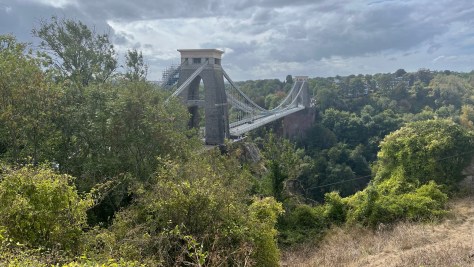Back to work after a week off. August is quite quiet for Jisc, partly as it is quiet for higher education. September though, is when it all kicks off. Though saying that, last week another blog post on the Jisc websites, Setting the foundations for successful collaboration was published.
Convincingly making the case for collaboration across the higher education sector for better student experiences is crucial, but how do you get key people on board for institutional and personal buy-in?
As with most content that I have published on the Jisc website, it was a group effort in writing it. It has developed and changed since I originally proposed the idea. It complements the post It’s better together – how to make the case for collaboration which was published the week before.
This week saw the publication by UUK and Jisc of the report, Opportunities for efficiency through shared services.
The Universities UK (UUK) commissioned report, led by Jisc, presents a compelling case for a sector-wide action plan. New recommendations, published today, outline opportunities for smarter collaboration across the UK higher education (HE) sector, drawing on the long history of successful shared services that play a vital role in securing improved user experience and significant university cost savings through greater efficiency.
The report, developed under the UUK Transformation and Efficiency Taskforce, calls on universities to make best use of existing, underutilised shared services to fully support entrepreneurial, locally driven initiatives and encourage nationwide growth. It highlights that while shared services like UCAS and Jisc’s Janet Network are used right across UK HE, most others remain underutilised due to lack of awareness, funding, and strategic coordination.
I did a significant amount of work on this report; it was one of three that we worked on as part of strand 2.
I was invited to attend the Universities UK’s Annual Conference 2025 which was taking place this week at the University of Exeter. Exeter is just over an hour away down the M5, so quite an easy place to get to. Jisc’s CEO was delivering two sessions supporting the publication of the report.
It was a good conference with some very good sessions and insights. I am though reminded of the recent post I wrote about hindsight in which I looked at the challenges and change that Intel and Kodak faced, and some would say failed to adapt to. I had listened to a podcast, which discussed how Kodak did not adapt well to the digital revolution in photography. It was interesting as it wasn’t as though Kodak ignored digital, they actually produced a handheld digital camera back in 1975.
The current economic climate and the state of financial sustainability is here, and universities know this. This was expressed many times during the conference. However universities may know and realise that they need to change, but they can’t afford to make those changes now. As a result they may never change.
Usually at the time of year I would be off to the ALT Conference, well I didn’t go last year. This year the conference is taking place later in October up in Glasgow. As my role is less about learning technology and more about strategic operational issues, the value of the conference to my work is less than in other years. There are some interesting looking sessions on the programme, so it’s on my list of possible conferences, but we will have to see.
I had a couple of meetings about NRENS 4 Education (or E in NREN as I have bene referring to it on the blog).

















